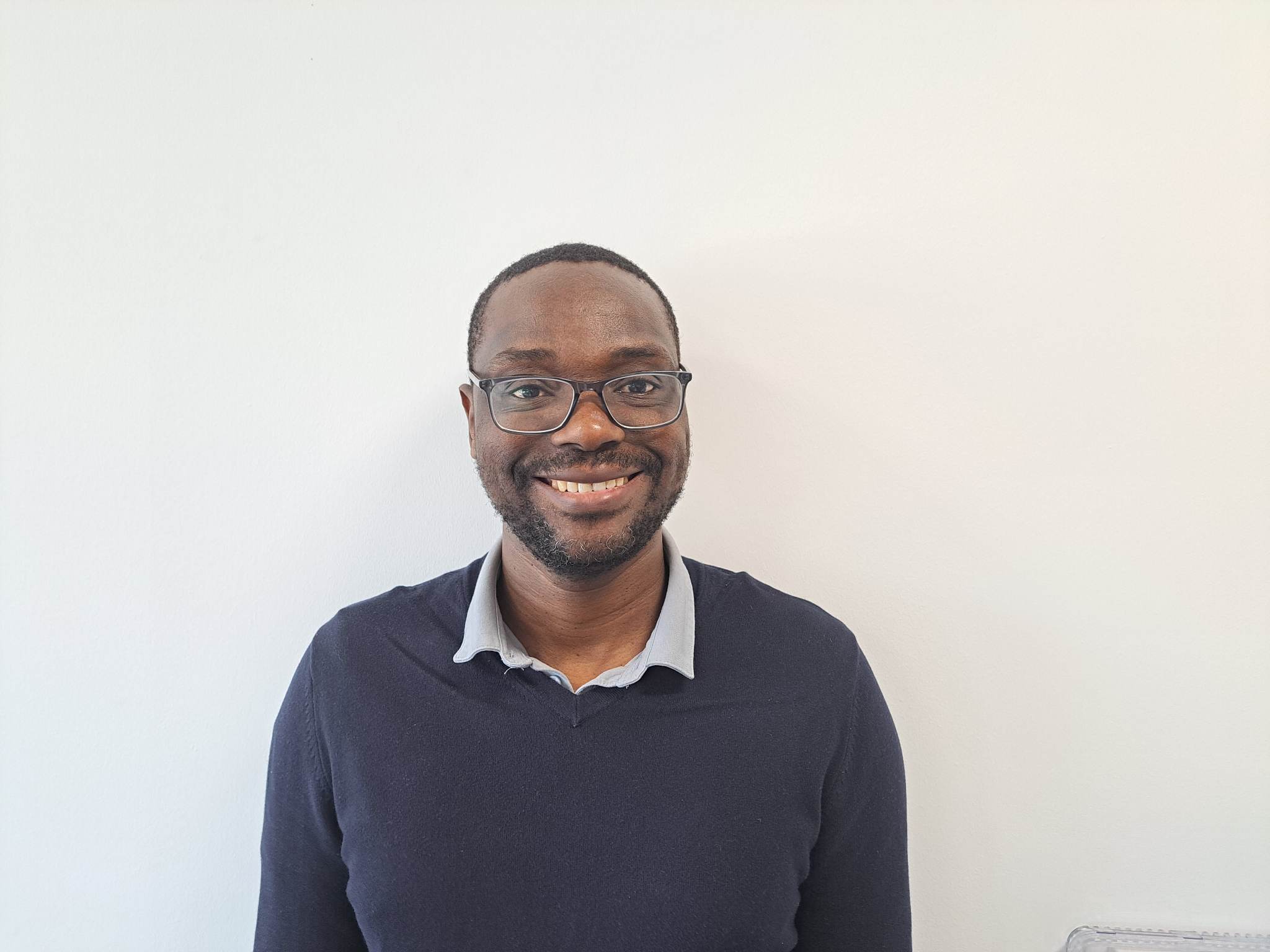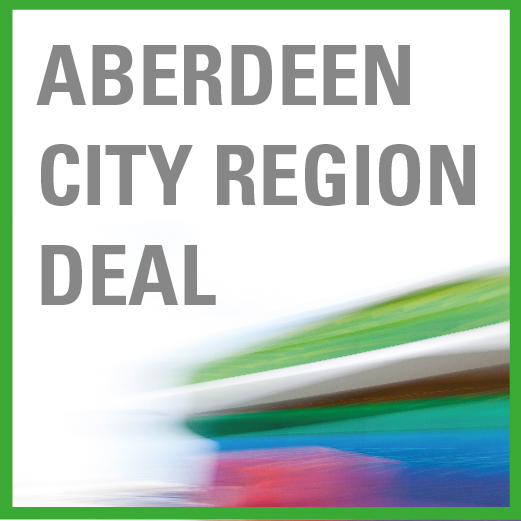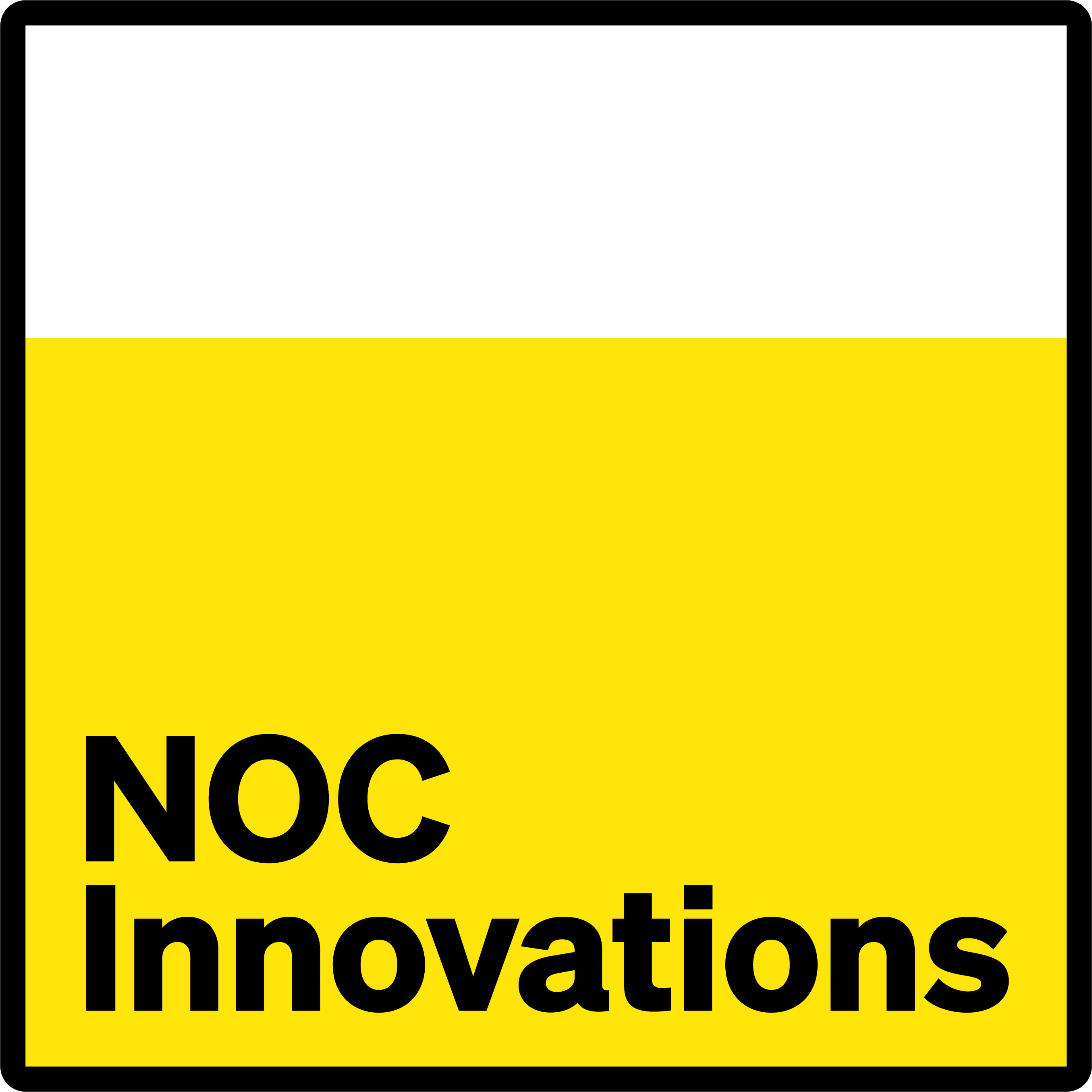Get to know our Net Zero Operations PhD Student, Tiwonge Banda. Originally from Malawi, Tiwonge has been part of the Net Zero Operations team at the NSC since October 2021. He earned his MSc in Information Technology with Business Intelligence from Robert Gordon University in 2020. Prior to joining the NSC, he spent 15 years running projects that built and operated the Internet infrastructure interconnecting universities and research centres in Eastern and Southern Africa.
What is your research all about?
My research investigates the application of computational intelligence techniques, specifically Multi-Objective Evolutionary Algorithms (MOEAs), in solving Multi-Objective Optimisation Problems (MOOPs). MOOPs encompass a class of problems with multiple, often conflicting, objectives, commonly encountered in various industrial applications.
The research consists of two distinct themes. The first, now completed, focused on modelling heat generated in electrical machines, particularly electric motors. As is well known, motors produce heat during operation. This heat is detrimental, as it negatively impacts motor performance and can lead to complete failure. To address this challenge, I developed a multi-objective strategy for constructing linear regression models for estimating the temperatures of the core components of a motor. These models incorporate optimised synthetic features and provide electrical engineers with optimal trade-offs between data collection costs, anticipated modelling errors and the overall interpretability of the generated thermal model.
The second theme, currently in progress, explores a key challenge associated with employing MOEAs for computationally expensive MOOPs. During the optimisation process, MOEAs evaluate thousands of fitness functions to identify optimal solutions. If the fitness function requires time-consuming computations, a single optimisation run can take days, weeks or even months to complete, presenting a significant obstacle. My ongoing research contributes to the development of surrogate models to expedite these optimisation runs.
What or who first sparked your interest in your research subject?
When I embarked on my PhD journey in 2021, I possessed a foundational understanding of Multi-Objective Evolutionary Algorithms (MOEAs). However, it was under the guidance of my supervisor, Dr Ciprian Zavoianu, that my passion for this research subject truly ignited. I am immensely grateful to Dr Zavoianu, going into this field has fostered a deep appreciation for the role optimisation algorithms play in powering a vast array of modern technologies.
What impact is your research having outside of academia?
My research project is a collaborative effort between Robert Gordon University and Johannes Kepler University in Linz, Austria. The thermal modelling problem I addressed originated from a collaboration with an electric motor manufacturer. My research directly tackled a real industrial issue, enhancing the understanding of heat in electric motors and potentially contributing to the development of more durable motors. Beyond this specific application, MOEAs are used in many industrial and consumer applications. My contributions to the development of surrogate models will help speed up optimisation runs across these applications, thereby saving time and costs.
Are there any role models or mentors who have helped you along the way?
There are many people who have mentored me over the years and many others I have looked up to and admired. During my early career, it was Dr Francis Tusubira (Uganda) and Mrs Margaret Ngwira (Malawi) who played instrumental roles in shaping my work ethic and problem-solving strategies. As I embarked on my PhD journey, Dr Ciprian Zavoianu has provided unwavering support, guiding me in the art of research and the meticulous preparation of publications.
What advice do you have for somebody embarking on a research career?
I would say, take it easy, one day at a time. I managed large-scale projects before and when I started the PhD, I said to myself that I would treat it as another multi-year project. Today, I say this was a good way of looking at it. My advice to anyone embarking on a PhD is to treat it like a mega project and break it into smaller parts.
Favourite thing about the NSC?
I truly appreciate everything the NSC offers. The supportive work environment, the collaborative spirit among colleagues and the cutting-edge projects being pursued across the various teams foster a truly inspiring atmosphere. The Administration team, in particular, deserve a special mention for their tireless efforts in streamlining administrative processes, making doing research a little easier. The coffee machine is the first thing I go to every morning.
What do you enjoy doing outside of work?
Outside of work, I enjoy watching homesteading and off-grid living YouTube channels. There is some satisfaction in watching those. I also enjoy admiring classic cars.








